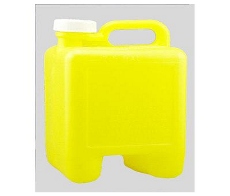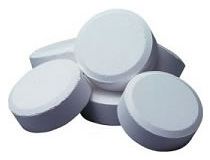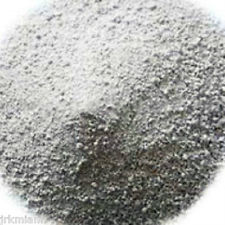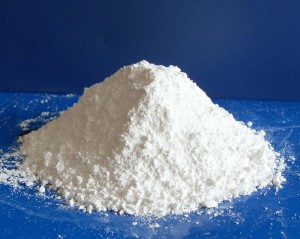 Liquid chlorine is the most common type of swimming pool chlorine used by pool owners with high-capacity pools. Liquid chlorine disperses quickly once the pool pump begins to run, rapidly spreading through the entire water supply. It can also be used in larger concentrations for shocking or cleaning the pool water on a less frequent basis.
Liquid chlorine is the most common type of swimming pool chlorine used by pool owners with high-capacity pools. Liquid chlorine disperses quickly once the pool pump begins to run, rapidly spreading through the entire water supply. It can also be used in larger concentrations for shocking or cleaning the pool water on a less frequent basis.
Tablet-form swimming pool chlorine can be used both in large pools, as a supplement to liquid chlorine or in small pools as the primary source. When liquid chlorine is being used, the tablets will often be placed into one or more floating dispensers, which allow the chlorine to gradually dissipate into the water over a period of time. This particular type of chlorine can also be purchased in stick form, along with custom floating feeders designed to handle the stick format, as opposed to the tablet design. Dispensers can hold anywhere from a few days’ worth of chlorine-tables, as seen in the floating dispenser design, up to several months of chlorine, as found in the higher-end fixed automatic dispensers.
 Granular swimming pool chlorine works in much the same way as tablet chlorine. Instead of relying on a feeder, the granular form of chlorine is introduced directly into the pool. Due to its quick-dissolve nature, granular chlorine will typically be fully dispersed before reaching the bottom of the pool. Granular chlorine is most often used in larger quantities than standard tablet chlorine in order to shock the pool, not just help maintain proper chlorine levels.
Granular swimming pool chlorine works in much the same way as tablet chlorine. Instead of relying on a feeder, the granular form of chlorine is introduced directly into the pool. Due to its quick-dissolve nature, granular chlorine will typically be fully dispersed before reaching the bottom of the pool. Granular chlorine is most often used in larger quantities than standard tablet chlorine in order to shock the pool, not just help maintain proper chlorine levels.  Powdered chlorine, also known as powdered shock, is designed specifically for heavy cleaning applications. While liquid chlorine will generally be added to the pool every few days and chlorine tablets restocked every week or so, powdered shock swimming pool chlorine is typically used on a monthly basis. As the powdered shock hits the water, a chemical reaction is created, which creates a large dispersion of the chlorine in the water, producing a cloud-like explosion beneath the surface
Powdered chlorine, also known as powdered shock, is designed specifically for heavy cleaning applications. While liquid chlorine will generally be added to the pool every few days and chlorine tablets restocked every week or so, powdered shock swimming pool chlorine is typically used on a monthly basis. As the powdered shock hits the water, a chemical reaction is created, which creates a large dispersion of the chlorine in the water, producing a cloud-like explosion beneath the surface